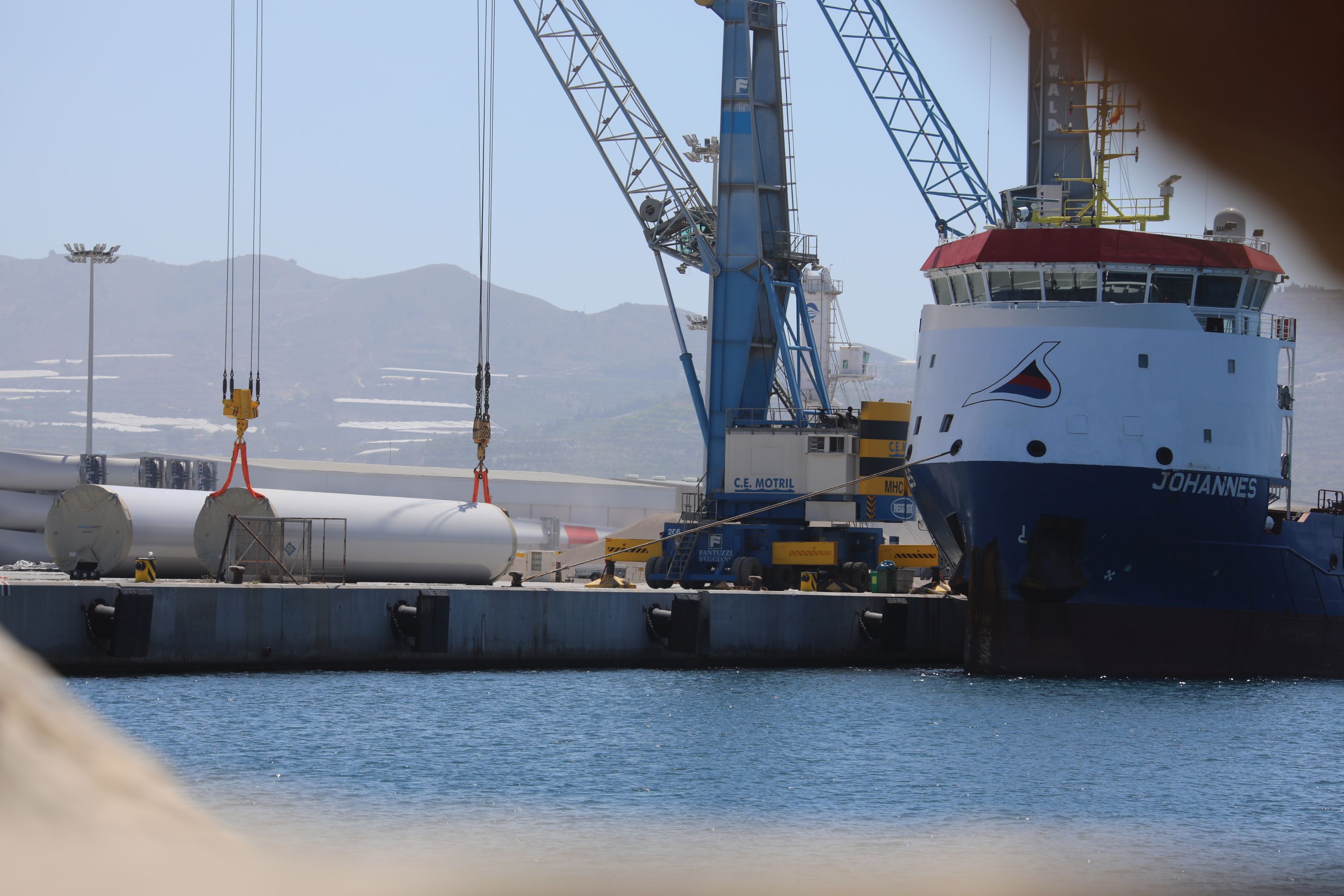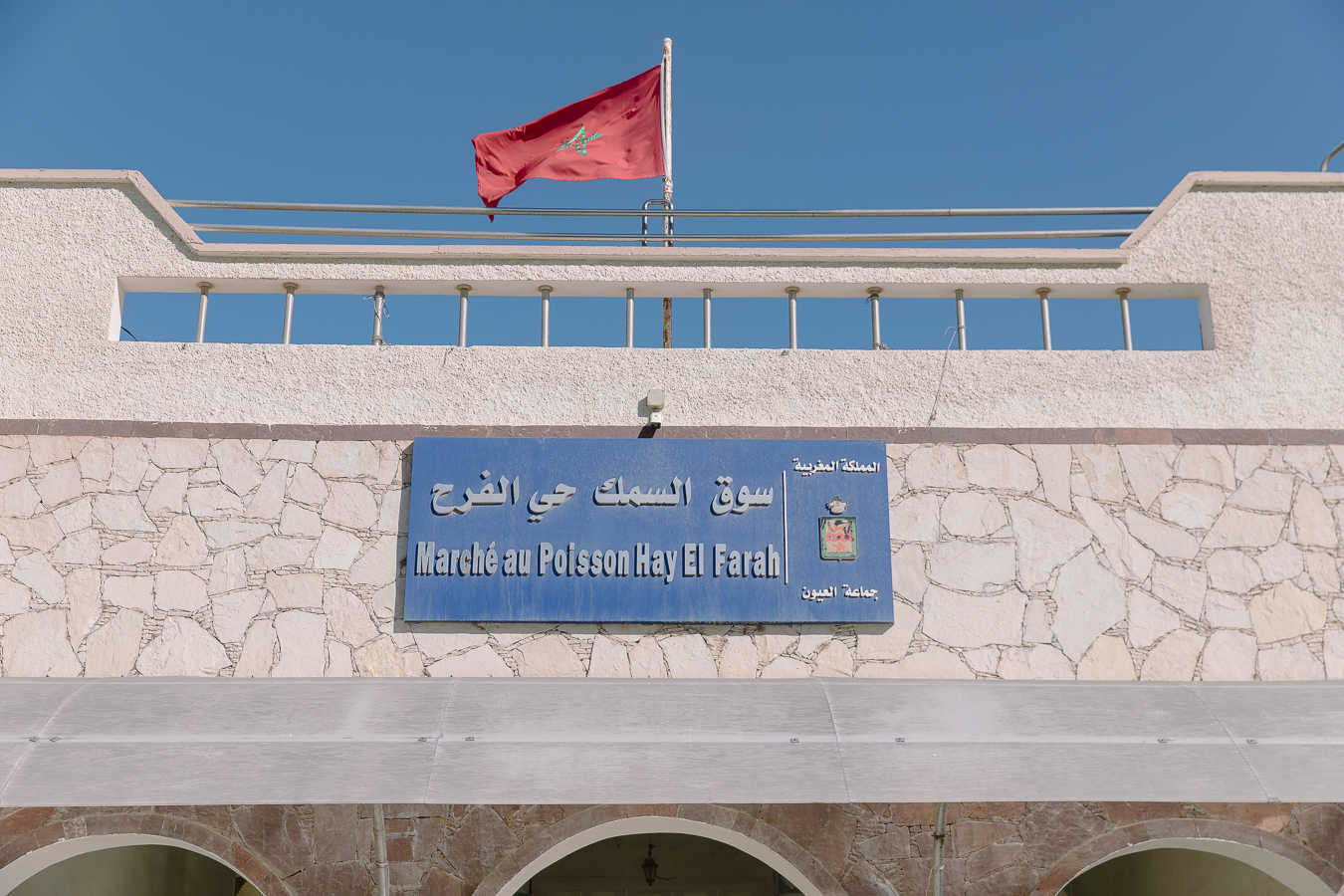WSRW asks Total to leave Western Sahara
Western Sahara Resource Watch today asked Total to not renew its licence in occupied Western Sahara. See letter.
Published 07 December 2012
See the letter below, or download.
Mr. Christophe de Margerie
CEO of Total S.A.
Oslo, 07 Dec 2012
Regarding Total’s new licence offshore occupied Western Sahara
Dear Mr. de Margerie,
Western Sahara Resource Watch (WSRW) has noted that your company has admitted having entered into an oil reconnaissance and evaluation licence for a block in the coastal waters of Western Sahara. The Moroccan state oil company, ONHYM, confirmed to oil news service Upstream that your licence expired 6 December 2012.
WSRW is highly concerned about Total’s assignment, and requests that Total does not renew the licence now as it has expired.
As you know, a part of Western Sahara is illegally occupied by Morocco. The territory is treated by the UN as a so-called Non-Self-Governing Territory, and the UN is working for its decolonisation. While the no state in the world recognise the Moroccan claims to the territory, the Saharawi people’s right to self-determination has been recalled in over 100 UN resolutions. It came thus as a surprise to us when our organisation discovered a reference to your licence in a document on ONHYM’s webpages, and we find it regrettable that Total chose to not inform the public when the licence was signed one year ago. It must have been clear to Total that this matter is of great interest to the people of Western Sahara, and to Total’s own shareholders.
WSRW takes note of the fact that your company claims the UN has stated that the contracts are not illegal, making reference to the 2002 legal opinion from the UN Legal Counsel. We find that to be a highly problematic and misleading interpretation of the UN document. The conclusion of the opinion is that your former licence in Western Sahara was not in itself illegal but that “if further exploration and exploitation activities were to proceed in disregard of the interests and wishes of the people of Western Sahara, they would be in violation of the principles of international law”. See the UN legal opinion here: www.arso.org/Olaeng.pdf. We find it worrisome that Total chooses to clearly misrepresent the UN document and the universally acknowledged requirements of international law in its external communications.
It is clear that signing a new reconnaissance licence as your company did secretly in 2011, and to further undertake seismic studies as your company has done this year, both would be violating the principles detailed in the conclusion of the UN legal opinion.
Legal considerations set aside, Total’s decision to enter into an oil agreement with an occupying power on a territory that is occupied by force is ethically wrong. Some of the leading opponents of Morocco’s illegal plunder of the natural resources of Western Sahara are for instance in jail. The secretary-general of the Committee to Protect Natural Resources, CSPRON, Mr. Sidahmed Lemjiyed, has now been in military jail for 2 years, and has still to have his case heard by a court.
WSRW also takes note of your company’s explanations this week, in defence of its activities, stating that it did similar operations ten years ago. WSRW wants to underline that your agreement a decade ago was just as controversial as the one signed now.
Since Total signed the first agreement in 2001, a lot has happened in the understanding of enterprises’ responsibility to respect the human rights – not to mention the investor community’s awareness of such issues. In 2005, the Norwegian Government Pension Fund, for instance, divested from the US energy company Kerr-McGee for ethical reasons. Kerr-McGee then held a block adjacent to the one Total had in Western Sahara until 2004. The Pension Fund stated that such oil operations constituted “an especially gross breach of fundamental ethical norms because, among other things, this can contribute to legitimising Morocco’s sovereignty claims and thus undermine the UN peace process”. A number of other investors chose to divest from Kerr-McGee due to ethical reasons. We believe ethically minded investors will today agree with the statements issued by former owners of Kerr-McGee seven years ago.
WSRW believes that signing such an agreement is a direct violation of the Saharawi people’s right to self-determination. The Saharawi people have the sovereignty over their own natural resources – not Morocco. As such, since the right to self-determination is a basic human right, we find your operations to be in clear contradiction to the recent UN Guiding Principles on Businesses and Human Rights.
WSRW also takes note of Total’s adherence to Global Compact (GC), the UN initiative on Corporate Social Responsibility. We find it unlikely that Total’s adherence to the GC’s principles can in any way be seen as credible as long as your company holds such a licence in disrespect of the people of Western Sahara and their legitimate rights. It should be stated that through its licence, Total directly undermines the UN’s own peace process. UN Secretary General Ban Ki-Moon’s special envoy for Western Sahara has specifically introduced the management of the natural resources of the territory as one of its discussion topics with the parties to the conflict. To sign such an agreement with Morocco in this context must be seen as highly damaging to the efforts to solve of the conflict.
Total claims in its Code of Conduct to recognise the OECD Guidelines for Multinational Enterprises, but has, as far as we see, done nothing to consult any of the legitimate stakeholders in the territory. We particularly note the letter of the government of the Saharawi Republic to Total dated 5 December 2012 to illustrate this point. WSRW is in constant dialogue with the Saharawi communities in Western Sahara, and Total’s new agreement has come as a surprise to them all.
To conclude, we appeal to Total’s numerous statements of Corporate Social Responsibility, and ask it to not renew or upgrade its licences in Western Sahara.
Finally, WSRW asks Total to answer the following questions:
a) Does Total agree that the Sahrawi people, as the sole and original inhabitants of Western Sahara until the occupation in 1975, have the permanent right of sovereignty to their natural resources?
b) Does Total agree that the 2002 legal opinion, which your company refers to, establishes that the Saharawi people need to consent prior to the signing of further oil related exploration agreements in Western Sahara?
c) Has Total ever tried to seek the consent of the Saharawi people? If yes, how and when? If no, why not?
d) Does Total agree with concerned investors that signing such oil agreements risks undermining the UN efforts to solve the conflict in the territory?
We thank you for your consideration of this matter, and look forward to a reply at your early convenience.
For your information, this request will also be published on our webpages, www.wsrw.org.
Yours sincerely,
(sign.)
Erik Hagen
Chair,
Western Sahara Resource Watch
CC:
Total Communication Department, Mr. Florent Segura
UN Secretary-General’s Special Envoy to Western Sahara, Mr. Christopher Ross
UN Secretary-General Special Representative to Western Sahara, Mr. Wolfgang Weisbrod-Weber
UN Global Compact
OHCHR, Business and Human Rights
President of the Saharawi Arab Democratic Republic, Mr. Mohamed Abdelaziz
Ambassador of France to Morocco, Mr. Charles Fries
OCED National Contact Point for Multinational Companies in France, Mr. Paul Hunsinger, Ministère de l’Économie, des Finances et de l’Emploi
Business & Human Rights Resource Centre
GoodCooperation, CEO, Mr. Michael Littlechild
Institute of Business Ethics, Director, Mrs. Philippa Foster Back
Global Business Initiative on Human Rights, Executive Director, Mr.Mark Hodge
ONHYM, General Director, Mrs. Amina Benkhadra
CNPC, Press Center
News
New report: Certified occupation
International certification standards embellish Morocco’s controversial trade with fisheries and agricultural products in occupied Western Sahara, new report documents.
16 December 2025
Certification giant SGS points fingers elsewhere
SGS blames everyone else for mistakes on MarinTrust certificates it had issued to Moroccan companies in occupied Western Sahara.
15 December 2025
New report: Greenwashing Occupation
Out now: WSRW today publishes a new report outlining the massive - and deeply problematic - renewable energy projects that Morocco is developing in occupied Western Sahara.
11 December 2025
GMP+ does not check if “sustainable” fish is legally caught
The world’s largest certification scheme for “safe and sustainable animal feed” does not check whether its certified fish feed companies source from illegal fisheries in occupied Western Sahara, where catches violate the Saharawi people’s right to self-determination.
05 December 2025



